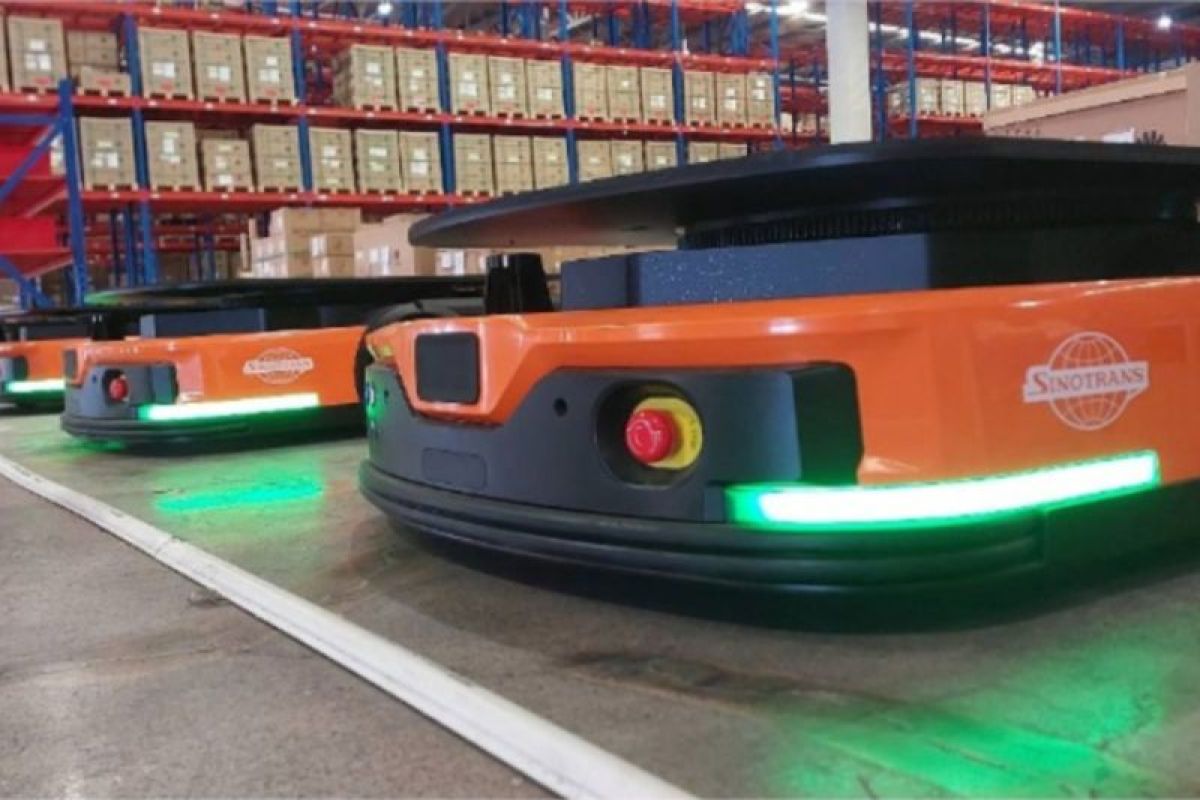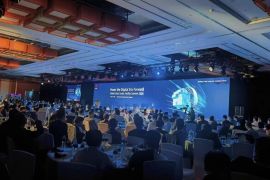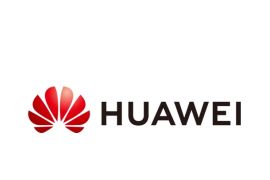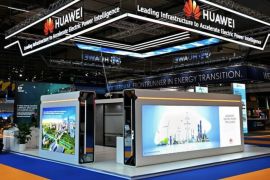By Huawei Indonesia Newsroom
Jakarta (ANTARA) - Amid the thriving landscape of increasing digital transactions, Indonesia's logistics sector encounters challenges with opportunities for growth in 2023. According to the Logistics Performance Index 2023 data released by the World Bank, Indonesia maintains a notable position at 61st with a commendable score of 3 out of 5. This reflects a slight dip from the 2018 ranking of 45th with a score of 3.2.
In the ranking, the World Bank's assessment underscores the affirmative impact of enhanced logistics infrastructure on the nation's ports, evident in the infrastructure availability score of 2.9. Furthermore, there is a noteworthy uptick in the customs score, rising from 2.67 in 2018 to a commendable 2.8 in 2023.
Despite these encouraging developments, improvements in these two indicators have not been able to counterbalance the decline in the international shipping indicator score, which has slumped from 3.23 to 3. In addition, the index for logistics competence and quality has also declined from 3.1 to 2.9 this year. The logistics industry sector still has to tackle some of its basic challenges such as logistics costs and inventory management expenses.
Data from the Coordinating Ministry for Economic Affairs reveals that national logistics costs accounted for 14.29% of GDP in 2022. In fact, the ratio had previously decreased from 18.77% in 2015 to 13.36% in 2021. The government continues to work towards the improving the logistics costs efficiency. The target is to reduce national logistics cost to 8-9% of GDP in line with the Golden Indonesia Vision 2045.
Harnessing the Power of Information and Communication Technology (ICT) as key for Enhanced Logistics Industry Operations
In a proactive move towards fostering a more streamlined national logistics ecosystem, the government has introduced a range of policies. Notably, the implementation of the National Logistics Ecosystem (NLE) policy stands out as a testament to the synergy and collaboration of information systems between government agencies and logistics businesses. The application of NLE has been further expanded to 32 ports and 6 airports by 2023.
At the heart of the NLE policy lies a pivotal focus on digitalization . In terms of logistics bureaucracy, the government has already adopted a unified submission service to refine administrative processes related to the shipment of goods. These efforts to revamp the national logistics system have yielded positive results, evidenced by the national dwelling time in August 2023 registering at an impressive 2.52 days. This achievement surpasses the initially targeted timeframe of 2.9 days.
Meanwhile, logistics businesses are encouraged to catch up with their competitors, especially in terms of business efficiency and effectiveness. Hence, an effective way to overcome this problem is by implementing information and communication technology (ICT) solutions in the logistics industry’s business processes.
The query arises: why are logistics industry players inclined to invest in technology? The reason can be seen in the estimated value of Indonesia’s digital economy, which is anticipated to reach USD360 miliar or approximately Rp5,544 trillion (rate Rp15.400/USD) by 2030 . Now, e-commerce transactions are expected to contribute the most with a share of 34% or around Rp1,908 trillion.
The rapid growth of e-commerce transactions necessitates a parallel enhancement in the quality of logistics services. There is no denying this interconnection; that neglecting one facet could adversely affect the broader business ecosystem. Today’s savvy online customers are educated and have high expectations for quality logistics services that can deliver goods quickly, securely, and cost-effectively.
The PwC Customer Loyalty Survey 2022 reinforces this notion, revealing that 51% of the respondents would leave a brand if it failed to provide a good online shopping experience. One of the components is delivery service.
Notably, 62% of the respondents expect their orders to arrive within three days when using free shipping options. Furthermore, 56% of the respondents have cancelled transactions because they were not satisfied with the available shipping options.
These circumstances present a remarkable positive initial outlook for logistics industry, citing that digitalized logistics services will help consumers meet their high expectations for the online shopping experience and ensure sustainable growth in the ecosystem of digital businesses.
What solutions, then, do logistics businesses need? An integrated logistics solution emerges as the ideal answer. The implementation of ICT solutions can improve the management of inventory of goods in logistics warehouses. This is in line with the increasingly crucial warehousing automation trend in the future, making it a strategic investment from the initial warehousing stages onward.
With the Smart Warehouse concept, Huawei embeds 5G technology into the infrastructure of an intelligent warehousing system, enabling real-time monitoring of every activity within the system. Fast and accurate data analysis supports the warehouse management team in making smarter decisions and staying responsive to market needs.
For example, smart warehouses powered by 5G connectivity can be home to autonomous mobile robots (AMRs). AMRs will revolutionize warehouse operations and redefine the way goods are managed, stored, and distributed. Loading and unloading of goods can be made safer with AMRs, thus minimizing the risk of accidents. The time spent on sorting and placement is significantly reduced, allowing logistics businesses to allocate human resources to more critical company priorities.
Leveraging 5G networks not only improves operational efficiency, but also enables warehouse systems to connect directly to the vast logistics ecosystem. Huawei's commitment to environmentally friendly and sustainable infrastructure is evident in the development of energy-efficient 5G technology. This not only minimizes the carbon footprint resulting from infrastructure and systems but also ensures optimal system performance in smart warehousing.
Enhancing warehouse performance through digitalization will undoubtedly have a positive impact on the logistics business as a whole. The target of cost efficiency, which has been a common issue for stakeholders in the industry, is not out of reach. Moreover, it is also in line with and supports the government’s Logistics Reform 4.0 policy.
Reporter: PR Wire
Editor: PR Wire
Copyright © ANTARA 2023












